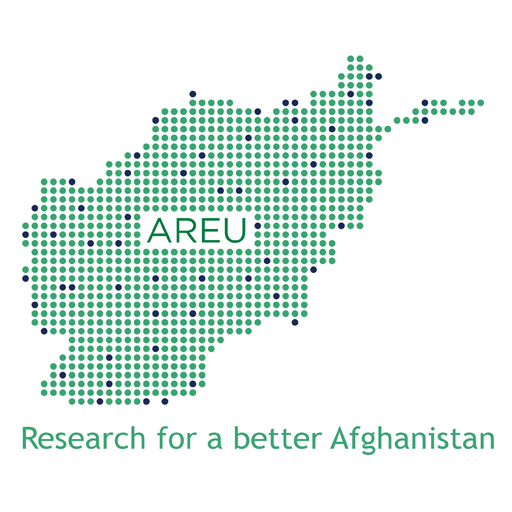
Where We Work

AREU’s work in the North has taken a look at issues including women’s participation in parliamentary and provincial elections, water management, land relations, and gender and local level decision making.
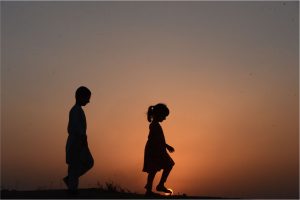
Northeast
AREU’s work in the Northeast of Afghanistan has looked at rural women’s access to land and livestock, conflict surrounds rural land use and ownership, and the reintegration of young Afghans back into their homeland after being refugees.
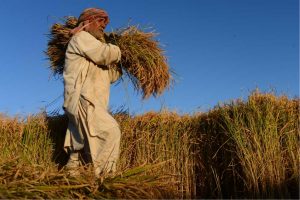
Central
Some of AREU’s prominent work in Central Afghanistan includes a study of masculinities and its impact on gender equality, a paper on subnational administration, a paper looking at gender and economic choices, and a paper on community-based dispute resolution.

East
In Eastern Afghanistan, AREU publications have discussed issues such as politics and governance, marketing of livestock, and rural livelihoods.
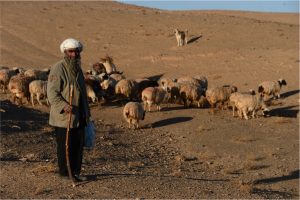
South
AREU’s work on Southern Afghanistan has looked at the impacts of poppy cultivation, changes in rural livelihoods, governance structures, and transitional justice.
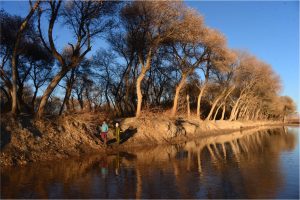
Southeast
AREU’s work in the Southeast has focused on land tenure, irrigation systems, the impact of past and present war crimes and human rights violations on Afghan communities, the 2010 Wolesi Jirga elections, and livestock husbandry.

Southwest
In the Southwest, AREU’s work has focused on opium trading systems, informal credit practices, urban governance and management, and radicalisation among university students.
